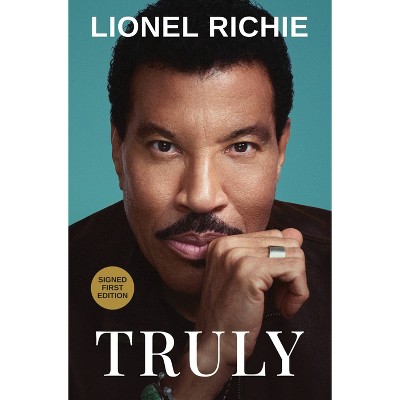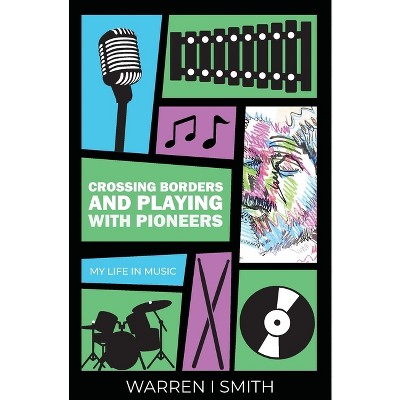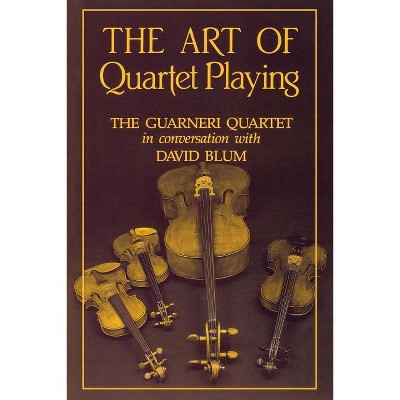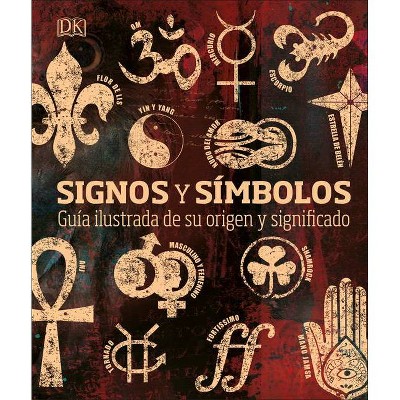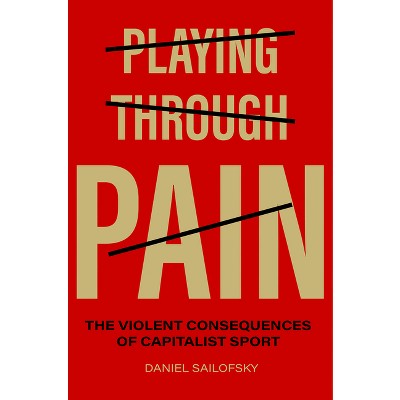$33.71 sale price when purchased online
$35.00 list price
Target Online store #3991
About this item
Highlights
- An award-winning account of the importance of semiotic play in Classic instrumental music, including that of Mozart, Haydn, and Beethoven Of all the repertories of Western Art music, none is as explicitly listener-oriented as that of the late eighteenth and early nineteenth centuries.
- About the Author: V. Kofi Agawu is Distinguished Professor of Music at the City University of New York Graduate Center.
- 166 Pages
- Music, History & Criticism
- Series Name: Princeton Legacy Library
Description
Book Synopsis
An award-winning account of the importance of semiotic play in Classic instrumental music, including that of Mozart, Haydn, and Beethoven
Of all the repertories of Western Art music, none is as explicitly listener-oriented as that of the late eighteenth and early nineteenth centuries. Yet few attempts to analyze the so-called Classic Style have embraced the semiotic implications of this fact. In Playing with Signs, Kofi Agawu proposes a listener-oriented theory of Classic instrumental music that encompasses its two most fundamental communicative dimensions: expression and structure. Units of expression, defined in reference to topoi, are shown here to interact with, confront, and merge into units of structure, defined in terms of the rhetorical conventions of beginning, continuing, and ending. The book draws on examples from works by Mozart, Haydn, and Beethoven to show that the explicitly referential, even theatrical, surface of Classic music derives from a play with signs. Although addressed primarily to readers interested in musical analysis, the book opens fruitful avenues for further research into musical semiotics, aesthetics, and Classicism.About the Author
V. Kofi Agawu is Distinguished Professor of Music at the City University of New York Graduate Center. His books include On African Music; The African Imagination in Music; Music as Discourse; and Representing African Music.Dimensions (Overall): 10.0 Inches (H) x 8.0 Inches (W) x .36 Inches (D)
Weight: .76 Pounds
Suggested Age: 22 Years and Up
Number of Pages: 166
Genre: Music
Sub-Genre: History & Criticism
Series Title: Princeton Legacy Library
Publisher: Princeton University Press
Format: Paperback
Author: V Kofi Agawu
Language: English
Street Date: March 25, 2025
TCIN: 94054252
UPC: 9780691273631
Item Number (DPCI): 247-38-5751
Origin: Made in the USA or Imported
If the item details aren’t accurate or complete, we want to know about it.
Shipping details
Estimated ship dimensions: 0.36 inches length x 8 inches width x 10 inches height
Estimated ship weight: 0.76 pounds
We regret that this item cannot be shipped to PO Boxes.
This item cannot be shipped to the following locations: American Samoa (see also separate entry under AS), Guam (see also separate entry under GU), Northern Mariana Islands, Puerto Rico (see also separate entry under PR), United States Minor Outlying Islands, Virgin Islands, U.S., APO/FPO
Return details
This item can be returned to any Target store or Target.com.
This item must be returned within 90 days of the date it was purchased in store, shipped, delivered by a Shipt shopper, or made ready for pickup.
See the return policy for complete information.
Guests also viewed





